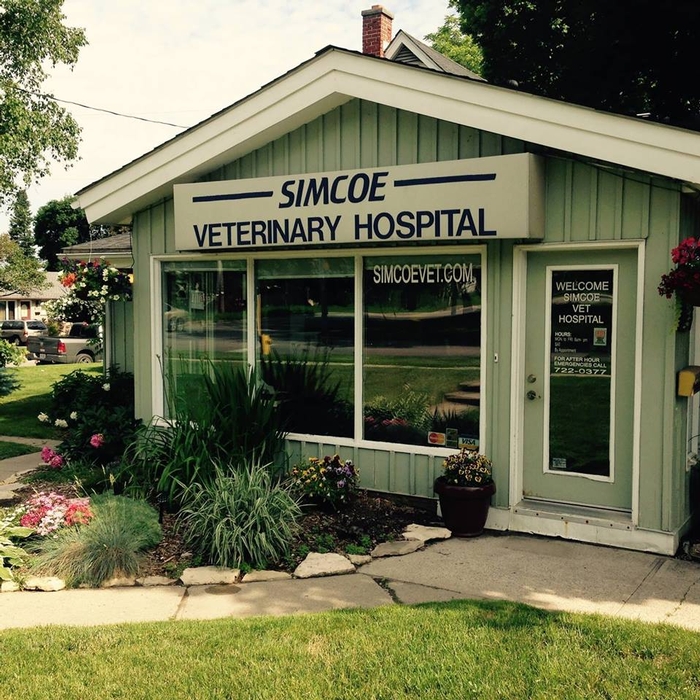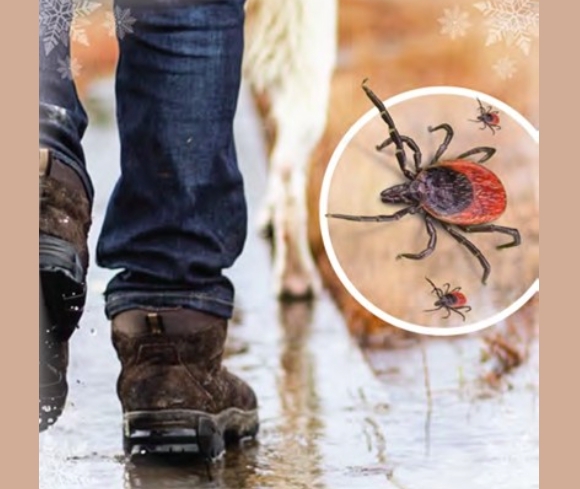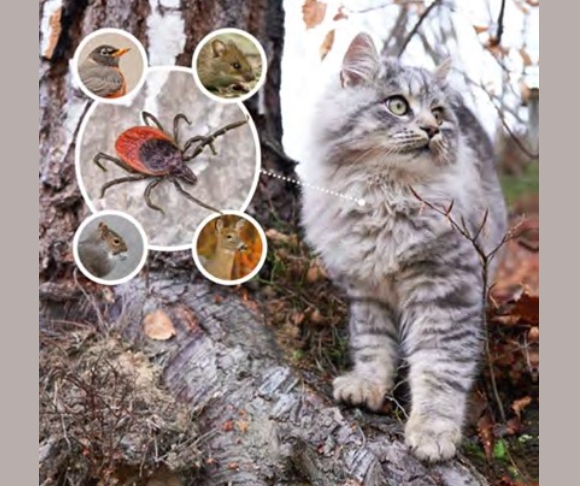Simcoe Veterinary Hospital
in Barrie
On April 02
at 9:19 AM
Simcoe Veterinary Hospital
in Barrie
On March 29
at 11:45 AM
Simcoe Veterinary Hospital
in Barrie
On March 29
at 11:45 AM
Simcoe Veterinary Hospital
in Barrie
On March 25
at 9:43 AM
Simcoe Veterinary Hospital
in Barrie
On March 25
at 9:43 AM
Page 4 of 20





